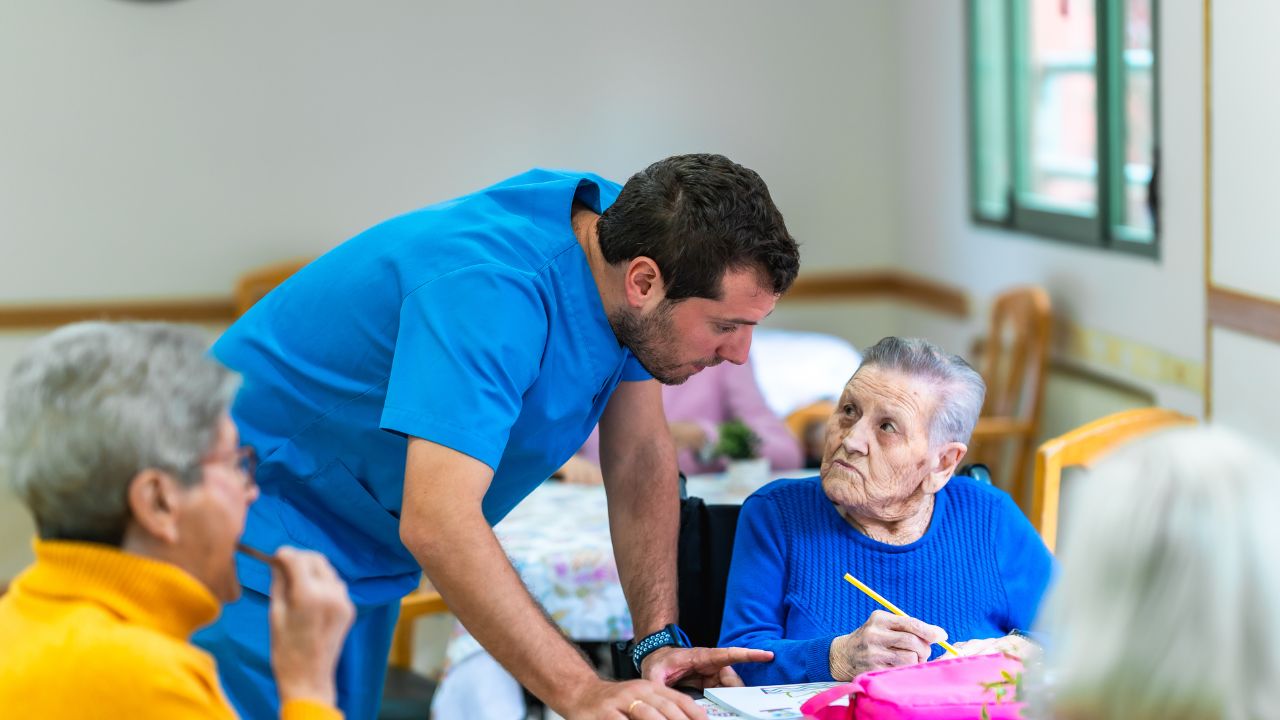Have you ever been bullied? You are not alone, and don't be embarrassed to speak up. As many as 80% of the nurses in the U.S. encounter bullying at work or have lived through it during their careers. Furthermore, minority nurses face a higher workplace antagonism and incivility rate than their non-minority peers.
A movement known as DEI, which stands for Diversity, Equity, and Inclusion, is addressing a deeply felt need in all sorts of businesses and organizations, including healthcare centers, not only to break the cycle of bullying but to give life to a culture of respect, dignity, and mutual appreciation.

Nurses face more workplace violence and abuse than other professions in the United States. Still, they are less likely to report verbal abuse or harassment from patients and coworkers. This perpetuates a culture of fear and contributes to high rates of post-traumatic stress disorder and burnout among nurses.
Why DEI Matters
A hospital, community, or nation can only reach its full potential once all involved feel safe to open up and offer their support, knowledge, and expertise to colleagues and those around them. A workplace culture that actively values diversity, equity, and inclusion creates a more respectful and supportive environment for all employees, including nurses, regardless of their race, ethnicity, gender, sexual orientation, religion, time on the job, height, or shape. DEI efforts promote tolerance, understanding, and appreciation of differences and a sense of belonging and help reduce bullying, discrimination, and harassment in hospitals or other workplaces.
How to Make DEI Work
How do you get beyond the statement and the training and truly see a difference? This is an institutional initiative and ongoing program supported by the staff and with input from the community. Healthcare and other industries are still finding their way, but some practical points are already helping organizations make headway in DEI.
- Appoint a diverse DEI Action Committee responsible for the program.
- Start with input from all the staff members and use their perspectives to help shape your approach to DEI training, policy, and communications. Staff surveys or focus groups can help organizations learn more about the current perception of DEI.
- Set measurable goals, identify indicators, track them, and measure your progress regularly. For example, you are engaging an increasing percentage of the staff in each department in identifying DEI issues to be addressed and determining approaches in trimester periods.
- Leaders of health systems seeking to improve DEI must acknowledge a plain fact: most of their CEOs are white men (85%), as you can readily see in the photos of healthcare leaders on their websites. This suggests a DEI challenge or goal.
- Hiring, compensation, and promotion processes, free of bias and for roles throughout the organization, are integral elements of DEI and cannot be achieved without diverse perspectives.
- Be Transparent about demographics and salary. Have a dashboard showing reports on the demographics of applicants for open roles. Publish salary bands for positions in the hospital or healthcare organization so that employees know their band and are not getting lower pay due to gender, race, or ethnicity.
- Frequent meetings, surveys, annual performance reviews, and an "open door" culture empower employees to provide honest feedback on DEI efforts.
- Provide communication tools to promote DEI goals, foster an inclusive work environment, creating a safe space for all nurses and staff to raise questions and concerns on any subject.
- Provide workplace DEI training as a requirement for employees, including managers, in areas such as cultural competency.
Cultural competency, awareness, and unconscious bias:
How culture influences attitudes, behaviors, and expectations related to coworkers and authority,
- We are bridging, authentically, and meaningfully connecting with people different from you, finding ways to build common ground.
- Organizational culture is the customs, ideas, values, and beliefs that distinguish between 'right' and 'wrong' in the organization.
- Assumption testing challenges your thinking on interpretations, assumptions, conclusions, thoughts, and actions, investigating what you're assuming and why to determine whether those assumptions are valid and where they are biased or limited.
- Team building, trust, and safe nursing environments.
- Communication skills include non-verbal communication, politeness principles, and inclusive language.
How Can Nurses Promote Equity and Inclusion?

A few everyday things that nurses can do to create a more inclusive, equitable, and openly diverse environment are to make new friends outside their current circle, celebrate the holidays of the religions and cultures present among their colleagues, and report situations when staff members don't feel included or welcome.
How Is DEI Applied in the Healthcare Setting?
In nursing, diversity means working on teams with staff from cultures, ethnicities, sexual orientations, and identities that reflect the region's demographics and more. Health equity usually refers to ensuring the patient's access to healthcare independent of their differences. Still, it also means that each person working at the hospital has the opportunity to attain their complete physical, social, and mental health potential. Inclusion means that every nurse belongs and feels accepted and appreciated, not despite their differences but because their unique perspectives, qualities, experience, and ways of thinking are precious and choice assets to the team and the institution.
Nursa exercises its influence in the nursing world to recognize the total value of diversity, upraise the standard of health equity, and practice inclusion to share a sense of belonging and leave bullying behind.








.jpg)





